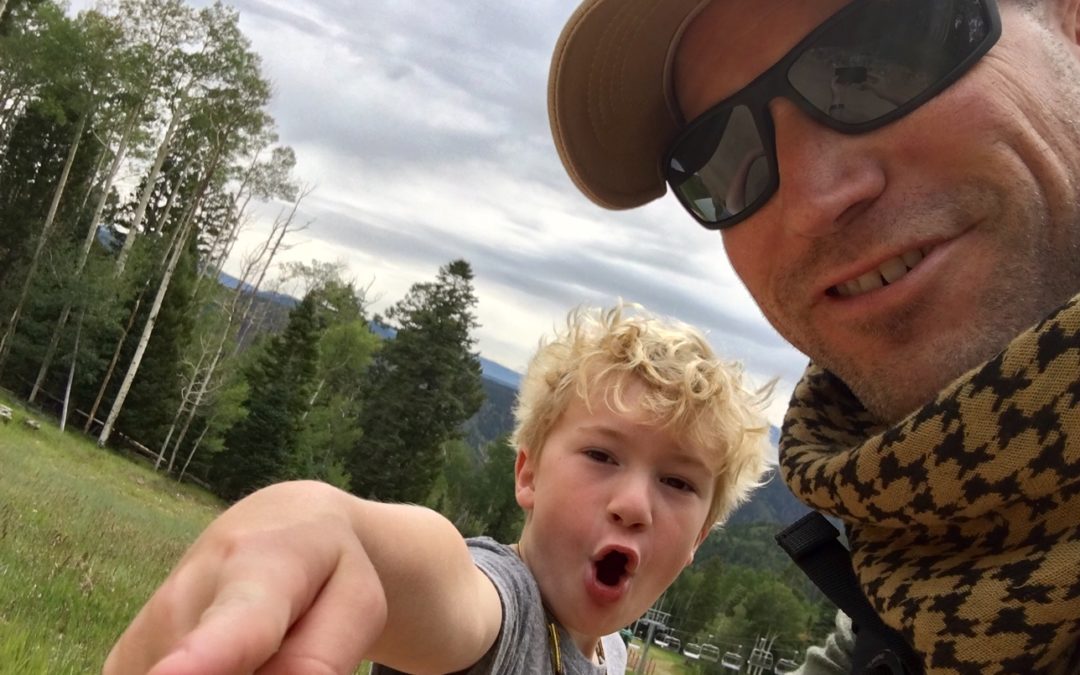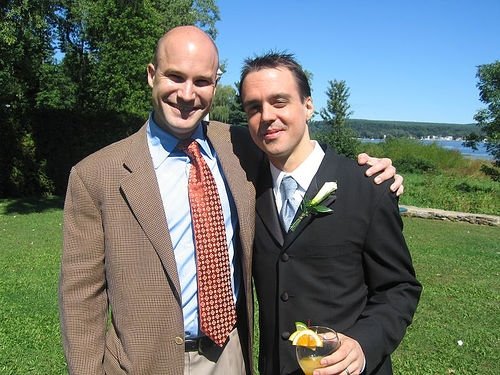What is Love?
“Biblically speaking, love is seeking your neighbor’s highest good.”
– Dr. Glenn Sunshine –
“Love is an affair of the will.”
– C.S. Lewis –
We live in a cultural moment where words are torn from their original meaning and metaphysical grounding.
I believe western society and civilization would benefit greatly if we recovered the original definitions of words. Why? Because words matter. Humans use language to communicate and describe reality.
The term ‘love’ is one of the most commonly used words in the English language. Love can mean a lot of things…
I love ice cream.
I love hunting.
I love my wife.
I love my mom.
I love my friends.
I love reading.
I love a warm fire.
I love God.
I love good music.
What do you love?
Who do you love?
What is Love, really?
Why does it matter?
Have you ever thought about how the definitions of words change over time?
Take the word ‘nice‘ for instance. Until the 14th Century, ‘nice’ was used as a pejorative. Nice was defined as; “foolish, ignorant, frivolous, senseless,” from Old French nice “careless, clumsy; weak; poor, needy; simple, stupid, silly, foolish,” from Latin nescius “ignorant, unaware,” literally “not-knowing,” (source)
In the 19th Century, ‘nice‘ meant; “soft, tender, delicate; fine; accurate; exact; distinguishing.” (source)
In the 21st Century, the meaning of ‘nice‘ has morphed to mean; “kind, polite; pleasing, agreeable; appropriate, fitting; virtuous, respectable” (source)
You’ll think twice before saying someone is ‘nice’.
What about Love?
Love is important, right? Take a few moments to understand the similarities and subtle differences in the definitions of ‘love.’
The modern online Merriam-Webster dictionary defines love as follows:
Strong affection for another arising out of kinship or personal ties;
attraction based on sexual desire;
affection based on admiration, benevolence, or common interests;
an assurance of affection;
warm attachment, enthusiasm, or devotion;
the object of attachment, devotion, or admiration;
(source)
The Noah Webster Dictionary of the English Language (1828) defines ‘love’ as follows:
1. In a general sense to be pleased with; to regard with affection, on account of some qualities which excite pleasing sensations or desire of gratification. We love a friend, on account of some qualities which give us pleasure in his society. We love a man who has done us a favor; in which case, gratitude enters into the composition of our affection. We love our parents and our children, on account of their connection with us, and on account of many qualities which please us. We love to retire to a cool shade in summer. We love a warm room in winter. we love to hear an eloquent advocate. The christian loves his Bible. In short, we love whatever gives us pleasure and delight, whether animal or intellectual; and if our hearts are right, we love God above all things, as the sum of all excellence and all the attributes which can communicate happiness to intelligent beings. In other words, the christian loves God with the love of complacency in his attributes, the love of benevolence towards the interest of his kingdom, and the love of gratitude for favors received.
: Thou shalt love the Lord thy God with all thy heart, and with all thy soul, and with all thy mind,
: Thou shalt love thy neighbor as thyself. Matthew 22:37.
2. To have benevolence or good will for. John 3:16.
1. An affection of the mind excited by beauty and worth of any kind, or by the qualities of an object which communicate pleasure, sensual or intellectual. It is opposed to hatred. love between the sexes, is a compound affection, consisting of esteem, benevolence, and animal desire. love is excited by pleasing qualities of any kind, as by kindness, benevolence, charity, and by the qualities which render social intercourse agreeable. In the latter case, love is ardent friendship, or a strong attachment springing from good will and esteem, and the pleasure derived from the company, civilities and kindness of others.
Between certain natural relatives, love seems to be in some cases instinctive. Such is the love of a mother for her child, which manifests itself toward an infant, before any particular qualities in the child are unfolded. This affection is apparently as strong in irrational animals as in human beings.
We speak of the love of amusements, the love of books, the love of money, and the love of whatever contributes to our pleasure or supposed profit.
The love of God is the first duty of man, and this springs from just views of his attributes or excellencies of character, which afford the highest delight to the sanctified heart. Esteem and reverence constitute ingredients in this affection, and a fear of offending him is its inseparable effect.
2. Courtship; chiefly in the phrase, to make love that is, to court; to woo; to solicit union in marriage.
3. Patriotism; the attachment one has to his native land; as the love of country.
4. Benevolence; good will.
: God is love 1 John 4:7.” (source)
Finally, the Greek as used in the New Testament possesses the richest definitions of ‘love’. Notice how similar it is to Noah Webster’s 1828 definition…
Sexual or Romantic Love: Greek – Eros
Brotherly Love (friendship): Greek – phileo
Familial Love: Greek – storge
Self-Sacrificial Love: Greek – agape
‘Agape’ is God’s deep and abiding love for people. It is also the kind of love that people should have toward our creator God and one another. It is a self-sacrificing love that sets aside self for the honor and benefit of the other. Agape is far too deep and rich to fully comprehend much less explain in this blog post. So, I’ll leave you with passages of Scripture for your reflection and meditation at the end.
Agape love is counter-cultural and controversial today…
Love carries with it an intolerance. In its ‘yes’, love also says ‘no!’ Agape love says yes to God an others, while at the same time denying self… Saying ‘no’! Love just can’t accept and tolerate anything, otherwise love would give license for unimaginable devilry and evil. One cannot love truth and falsehood at the same time.
The slogan, “Love is Love” is a simplistic rhetorical device that devolves into a quagmire of easily manipulated emotional sentiments. The truth is, “God is Love” because love has its source outside the fallen domain of the human heart. God is ‘Agape’ from which all other forms of ‘love’ and affections flow. One cannot separate the Love of God from Truth of God.
Words and their meanings matter.
What is Love (really)?
Reflect on these passages:
“Love is patient and kind; love does not envy or boast; it is not arrogant or rude. It does not insist on its own way; it is not irritable or resentful; it does not rejoice at wrongdoing, but rejoices with the truth. Love bears all things, believes all things, hopes all things, endures all things… So now faith, hope, and love abide, these three; but the greatest of these is love. (1 Corinthians 13:4-7,13)
So if there is any encouragement in Christ, any comfort from love, any participation in the Spirit, any affection and sympathy, complete my joy by being of the same mind, having the same love, being in full accord and of one mind. Do nothing from selfish ambition or conceit, but in humility count others more significant than yourselves. Let each of you look not only to his own interests, but also to the interests of others. Have this mind among yourselves, which is yours in Christ Jesus, who, though he was in the form of God, did not count equality with God a thing to be grasped, but emptied himself, by taking the form of a servant, being born in the likeness of men. And being found in human form, he humbled himself by becoming obedient to the point of death, even death on a cross. (Philippians 2:1-8)
A new commandment I give to you, that you love one another: just as I have loved you, you also are to love one another. (John 13:34)
“For God so loved the world, that he gave his only Son, that whoever believes in him should not perish but have eternal life. (John 3:16)
“You shall love the Lord your God with all your heart and with all your soul and with all your strength and with all your mind, and your neighbor as yourself.” (Luke 10:27)
I launched the Forge Room Foundation in order to equip Christians to understand our cultural moment and respond with a biblical worldview perspective. We have a end-of-year fundraising goal of $50,000. This will allow us to host more forums and seminars that quip and mobilize people for Kingdom action. Please consider us in your year end generosity plans. Learn more and give here…
Please share your insights by commenting below this post.



